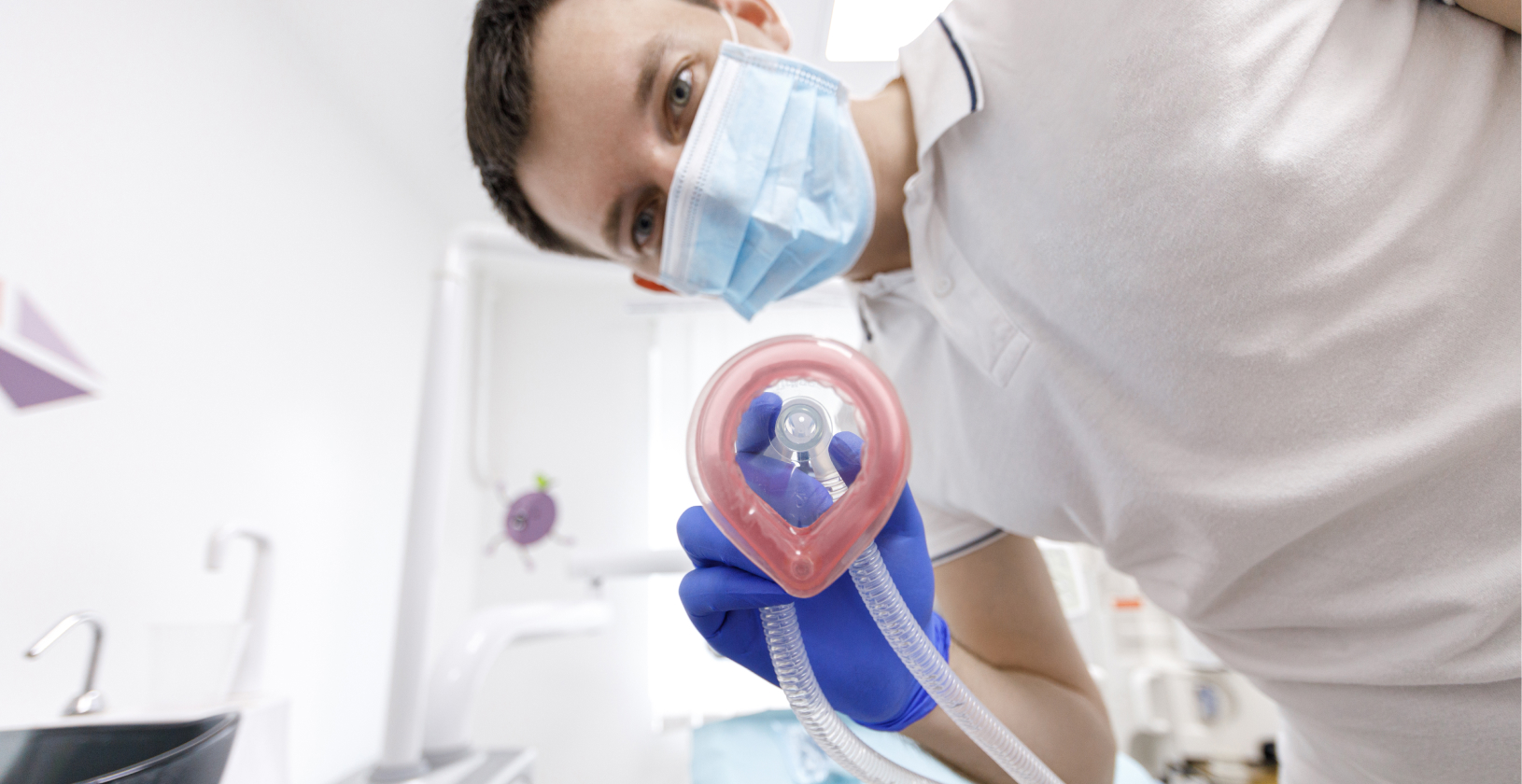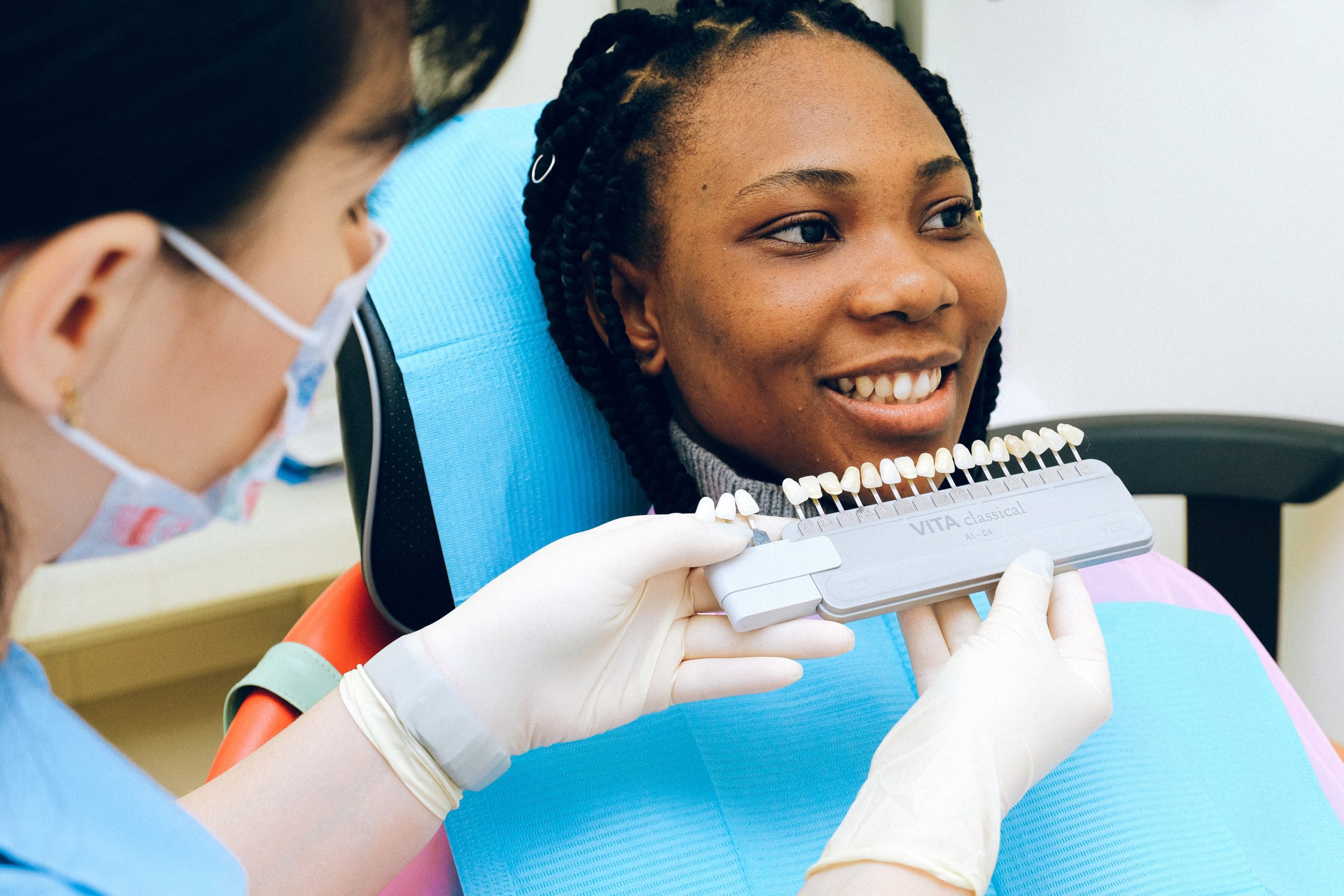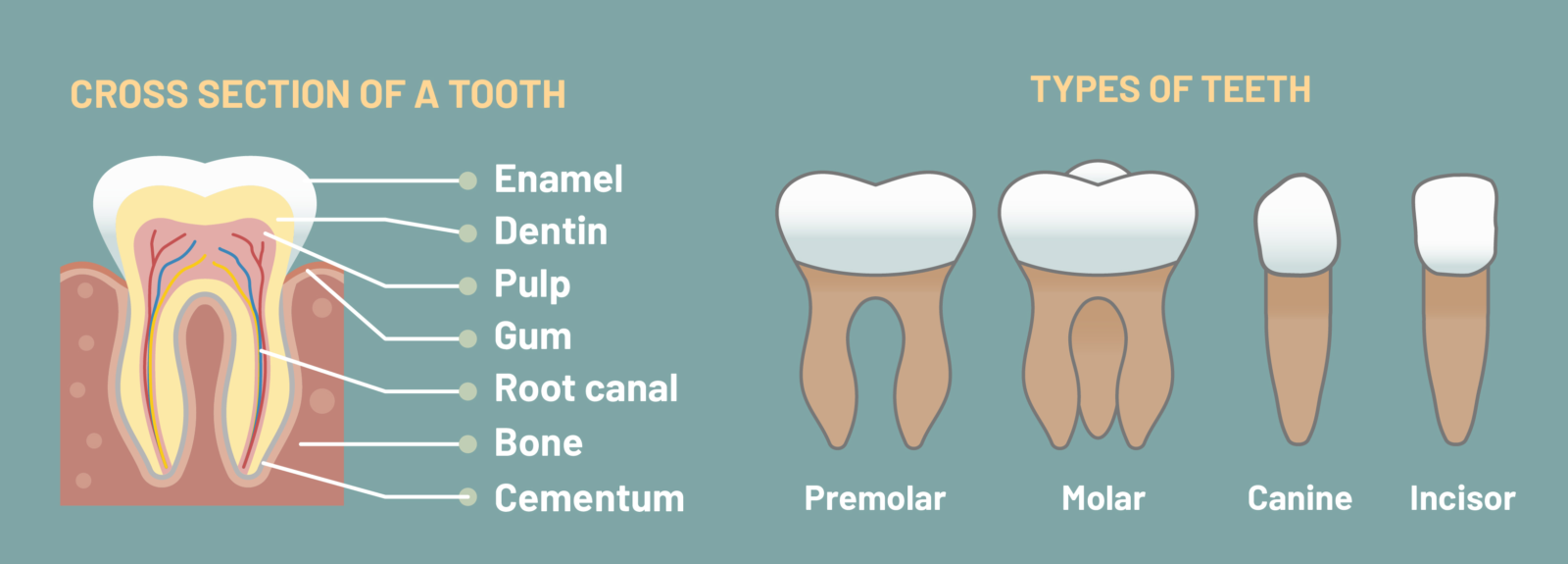Many people feel mild anxiety when seeing a dentist, but these feelings of anxiety and fear are much more intense for others. These people may actively avoid seeing a dentist unless absolutely necessary until any pain and discomfort becomes unbearable. Therefore, whenever you visit Tandara Dental Centre, we want to ensure you feel comfortable at all times, providing gentle, compassionate dental care.
If you do feel anxious or nervous, please talk to us about these feelings. We will take the time to listen to you, understand your concerns, and work with you to help you overcome dental anxiety, building your confidence and trust in our dental care. Our dental team is expert at helping nervous and anxious patients feel more relaxed, but we can provide dental sedation when this isn’t quite enough.
What is Dental Sedation?
Dental sedation is the use of sedatives to induce feelings of calmness and relaxation before and during dental treatment, ensuring you can comfortably receive essential or elective dental care. This is also called sedation dentistry, and if you need deep sedation, you might hear it referred to as sleep dentistry and twilight dentistry as you may feel sleepy or fall asleep. The level of sedation is adjusted for each patient from light to moderate to deeper sedation, where you will most likely remember little about your treatment.
Will I Still Need a Numbing Injection?
You will still need numbing injections of a local anaesthetic to control discomfort, but if you fear needles, these can be given after you receive sedation when you already feel calmer.
When to Consider Dental Sedation?
Sedation dentistry is very useful in a wide range of situations. It can be extremely helpful for anyone who has felt unable to see a dentist for a while and might need lengthier or complex treatments to restore dental health. With sedation dentistry, a dentist can often complete more treatment during a single appointment, so oral health is restored more quickly and comfortably.
In addition, people who have avoided dental care due to previous negative experiences will find dental sedation can help them conquer these feelings. When oral health is restored, we can help you maintain it more easily, so dental visits are less likely to induce feelings of anxiety or fear. As time goes by, these feelings can reduce as you become more comfortable and confident visiting our practice.
Some people have very sensitive teeth or feel discomfort more quickly and deeply and will find sedation dentistry is useful. It can also help people with complex needs and find it difficult to remain still and calm during treatment. Anyone with a strong gag reflex might want to consider dental sedation to ensure their treatment is more comfortable. Some treatments, such as dental implants, are more complicated and lengthier to complete, especially where multiple implants might be needed. Dental sedation ensures these treatments are more comfortable.
Several types of dental sedation are available, including nitrous oxide (Happy Gas), oral sedation, and intravenous sedation.
Nitrous Oxide
Happy gas or nitrous oxide is a mixture of nitrous oxide and oxygen. It provides a light level of sedation, suitable for someone with mild dental anxiety and who would like something to reduce feelings of nervousness. The gas is administered through a small mask that fits comfortably over your nose. Once inhaled, the gas takes effect very quickly and is given throughout your treatment. You will remain fully awake but will feel more relaxed. When treatment is complete, our dentist will adjust the flow, so you breathe in only oxygen for a few minutes, as this helps you recover more quickly. Once you remove your mask, you will soon feel back to normal. Our dentist will check you are fully recovered before you leave our clinic. With nitrous oxide dentistry, you may even drive yourself home if you wish.
Oral Sedation
Oral sedation is prescribed in pill form and taken shortly before your appointment, so it will have taken full effect by the time you sit in the dental chair. It provides a moderate level of sedation, depending on the strength of the sedative prescribed. Sometimes dentists will recommend patients also take a sedative the night before their visit to help them get a good night’s sleep. With oral sedation, you will still be awake but will feel deeply relaxed and more comfortable.
Intravenous Sedation
Intravenous sedation delivers a much greater level of sleep sedation dentistry where you will feel so relaxed and comfortable you will fall asleep. The sedative is given intravenously, most likely through a vein in your hand and takes effect quickly. With this form of sedation dentistry, we arrange for an accredited anesthesiologist to administer the sedative and monitor you continuously during the procedure. The sedative used during this treatment often has amnesiac properties, meaning that once it wears off, you won’t remember much, if anything, about your treatment, and it will seem as if only a few minutes have passed.
Is Dental Sedation Safe?
Before we recommend any form of dental sedation, we discuss treatment with you more fully, so you can clearly understand what is involved. All types of sedation carry a small level of risk, and we will review your medical history carefully to ensure it is as safe as possible for you, minimising these risks.
While you are under sedation, we will monitor you continuously to ensure you are safe, and we will want to keep you with us for a short while after treatment is completed to make sure you are okay to go home. If you have oral sedation or intravenous sedation, you will need someone with you to take you home. It can be useful if they stay with you afterwards to ensure you do not have any adverse effects, although this would be very rare.
What to Expect After Sedation Dentistry?
After moderate or deeper sedation dentistry, such as oral or intravenous sedation, it is best if you can relax for the remainder of the day. You should avoid strenuous exercise, operating machinery or driving, or making important decisions. There is no need to worry, as we can provide precise instructions on what is safe to do for the first day after surgery, and complications after sedation dentistry are rare. However, if you are ever concerned, we are always here to help you, and you can contact Tandara Dental Centre at any time for advice.










